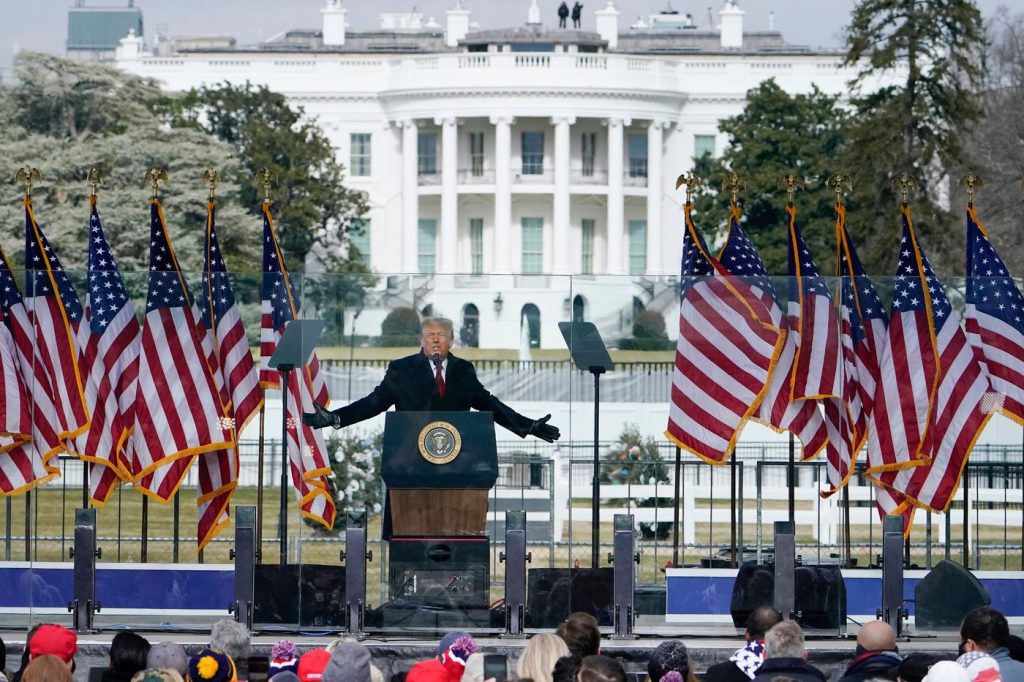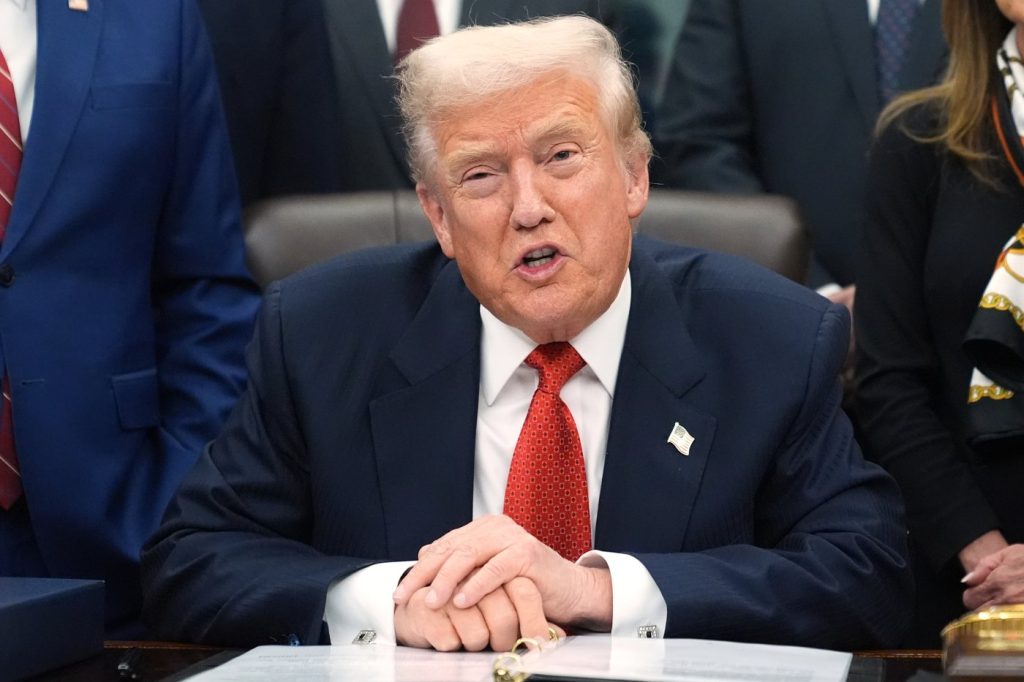The BBC issued an apology to U.S. President Donald Trump on Thursday over a misleading edit of his speech delivered on January 6, 2021. However, the broadcaster maintained that it did not defame him, rejecting Trump's threat of a $1 billion lawsuit. In a personal letter to the White House, BBC Chair Samir Shah expressed regret for the editing of Trump's speech, which took place just before some of his supporters stormed the U.S. Capitol during Congress's certification of President-elect Joe Biden's victory.
The BBC confirmed that it had no plans to rebroadcast the documentary, titled "Trump: A Second Chance?" which was part of its flagship current affairs series "Panorama." The documentary had spliced together segments of Trump's speech that were nearly an hour apart, creating the erroneous impression that the excerpts constituted a single continuous statement. The BBC acknowledged that the edit led to the mistaken belief that Trump had directly incited violent action, ignoring portions of the speech where he called for supporters to demonstrate peacefully.
Trump's legal team had sent a letter demanding an apology, insisting that the documentary harmed him significantly, both financially and reputationally. This letter set a deadline for the BBC's response, which they claimed was imperative for Trump to consider any legal action. Although the BBC's statement did not address Trump's demand for compensation for the alleged harm, its news story headline specified that it would not pay any damages.
The controversy surrounding the edit arose just before the 2024 U.S. presidential election and drew significant media attention. In its retraction, the BBC emphasized that the documentary's editing was unintentional, affirming its commitment to editorial integrity. Despite the apology, it is unclear how Trump's claims of harm would stand up in court. Legal experts have pointed out significant challenges he would face in pursuing defamation claims in both the U.K. and the U.S. Courts, given that the documentary was not aired in the U.S. and the difficulties in proving that it had impacted public perception during an election in which he was subsequently elected in 2024.
In light of past successes in winning settlements against U.S. media companies, however, Trump could leverage the BBC's mistake potentially for financial gain, which could be directed toward a charity. The ongoing legal landscape around Trump's media interactions remains complex, especially considering that substantial settlements were agreed upon in recent cases against other networks. For instance, in July, Paramount agreed to pay $16 million to settle a lawsuit regarding a "60 Minutes" interview with Kamala Harris, and ABC News had settled for $15 million over a defamatory claim made by anchor George Stephanopoulos.
As the BBC navigated the fallout from this controversy, it also announced an investigation into a report suggesting that their Newsnight program had made similar editing choices with Trump's speech in 2022. The implications of these issues extend beyond just the BBC and point toward broader discussions about media ethics and the representation of public figures in the current political landscape.












